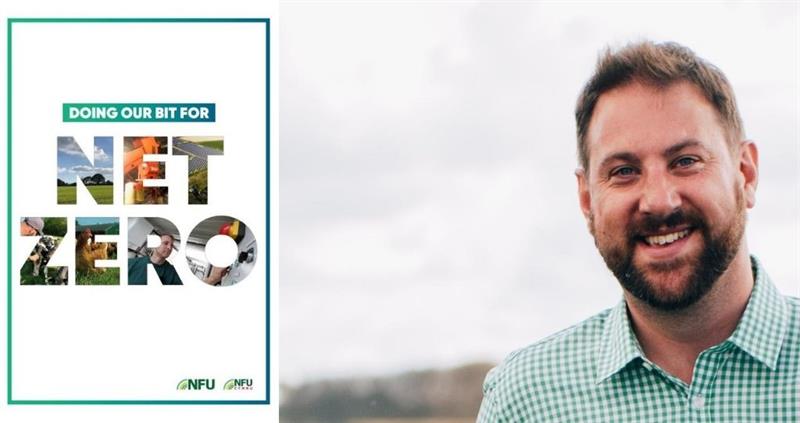The booklet includes case studies from every sector and from farms across England and Wales, and covers each of the three pillars outlined in the NFU’s net zero plan: productivity, carbon storage and renewables and bioenergy.
Tom said: “The changes I’ve made on the farm so far have come about from me just thinking about what we were doing, but finding different ways of managing peat to try and slow rates of loss is going to be particularly challenging in the future. Robotics hold the prospect of better protecting soils and radically reducing fuel and input use. Climate change is a significant challenge which is why I volunteered to represent the Sugar Board on the NFU’s net zero steering group.”
Tom’s case study focuses on carbon storage (pillar 2), highlighting what he is doing on farm to contribute to agriculture’s net zero by 2040 target. This includes:
- Moving 75% less soil than we used to so now only ploughing regularly before potatoes. Been experimenting with min/no-till for wheat
- Upgraded beet drill means less soil disturbance at drilling and more beet lifted in Feb/Mar missing riskiest of winter weather
- Over-wintered stubble HLS option chosen to protect soils but is implemented on greater acreage
- ‘Nurse’ crop of barley drilled ahead of sugarbeet to reduce wind erosion and beet tops retained to return organic matter to soil
The case studies aim to inspire farmers to start their net zero journey ahead of the 26th meeting of the United Nations’ Climate Change Conference (COP26), which will take place in Glasgow in November next year.
